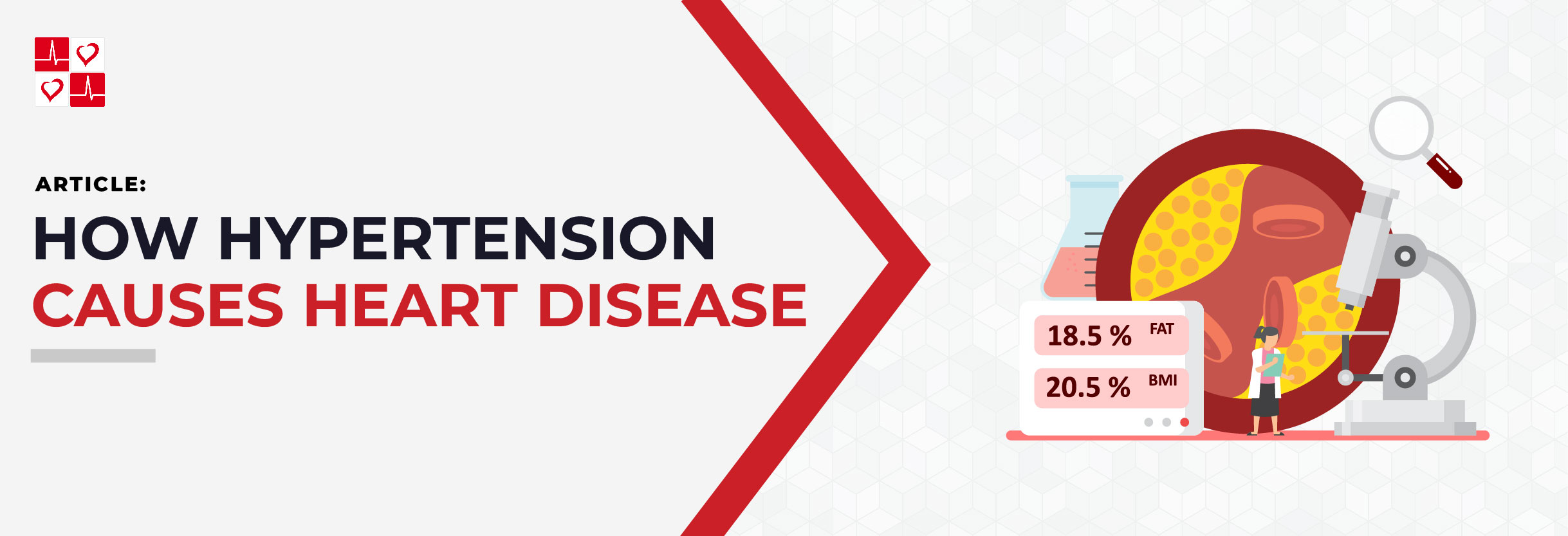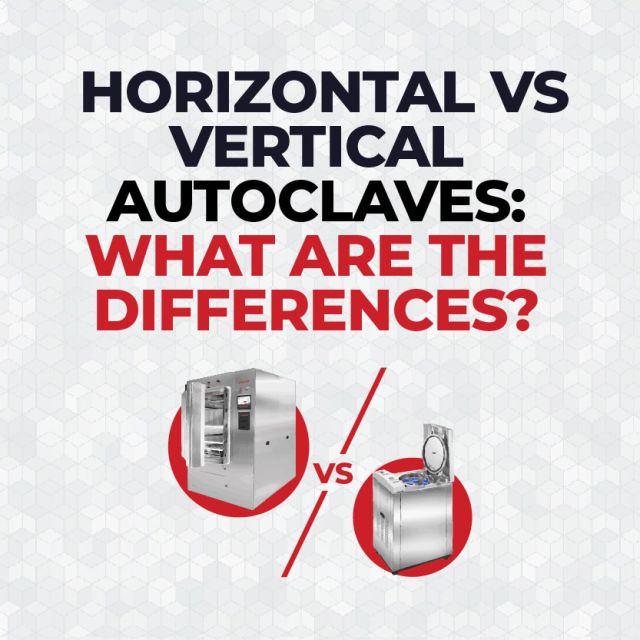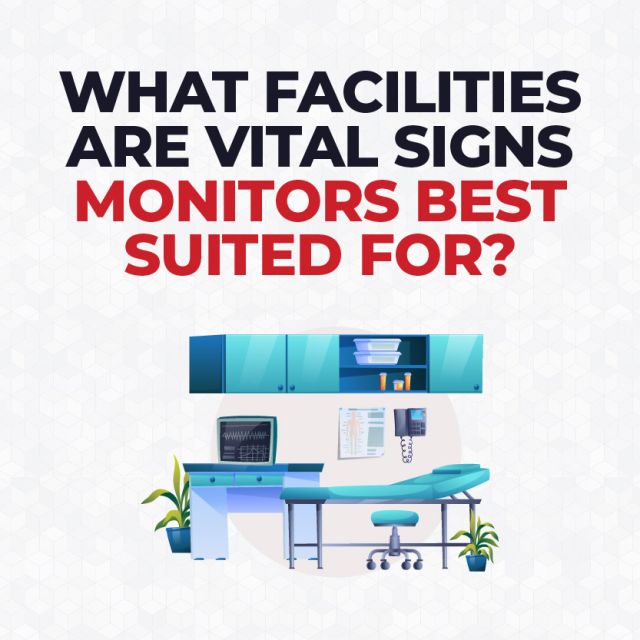4 Ways Hypertension Can Cause Heart Disease

What is Hypertension?
Hypertension, also known as high blood pressure, occurs when the force of the blood against the artery walls is high. Blood pressure is the amount of blood pumped by the heart and the amount of resistance in the arteries. There are no symptoms of hypertension, which is why it is often referred to as the “silent killer”. However, early detection via an EKG test can help reduce the risk of heart disease.
What is Heart Disease?
Heart Disease refers to a range of conditions that affect the heart and blood vessels, such as coronary artery disease and arrhythmias.
How Hypertension Can Cause Heart Disease
Hypertension can cause heart disease in various ways. Four mechanisms include:
Increased Workload on the Heart
High blood pressure causes the heart to work harder pumping blood through the arteries. Over time, this increased workload can cause the heart muscle to thicken, which can lead to heart failure.
Damage to the Blood Vessels
Next, the high pressure of blood flow can damage the inner lining of the blood vessels. As a result, the blood vessels become stiff, narrow, or even blocked. This can reduce blood flow to the heart muscle and increase the risk of heart attack and stroke.
Heart Failure
Chronic hypertension can eventually lead to heart failure, which occurs when the heart muscle becomes too weak to pump blood effectively. This can cause symptoms such as shortness of breath, fatigue, and swelling in the legs.
Stroke
Finally, a stroke occurs when blood and oxygen cannot make it to the brain. There are two types of strokes. Firstly, Ischemic stroke occur when there is a blockage in an artery. On the other hand, a hemorrhagic stroke occurs when a blood vessel ruptures in the brain.
Strokes can have serious and long-lasting effects, and prompt treatment is essential to minimize damage and improve the chances of recovery.







